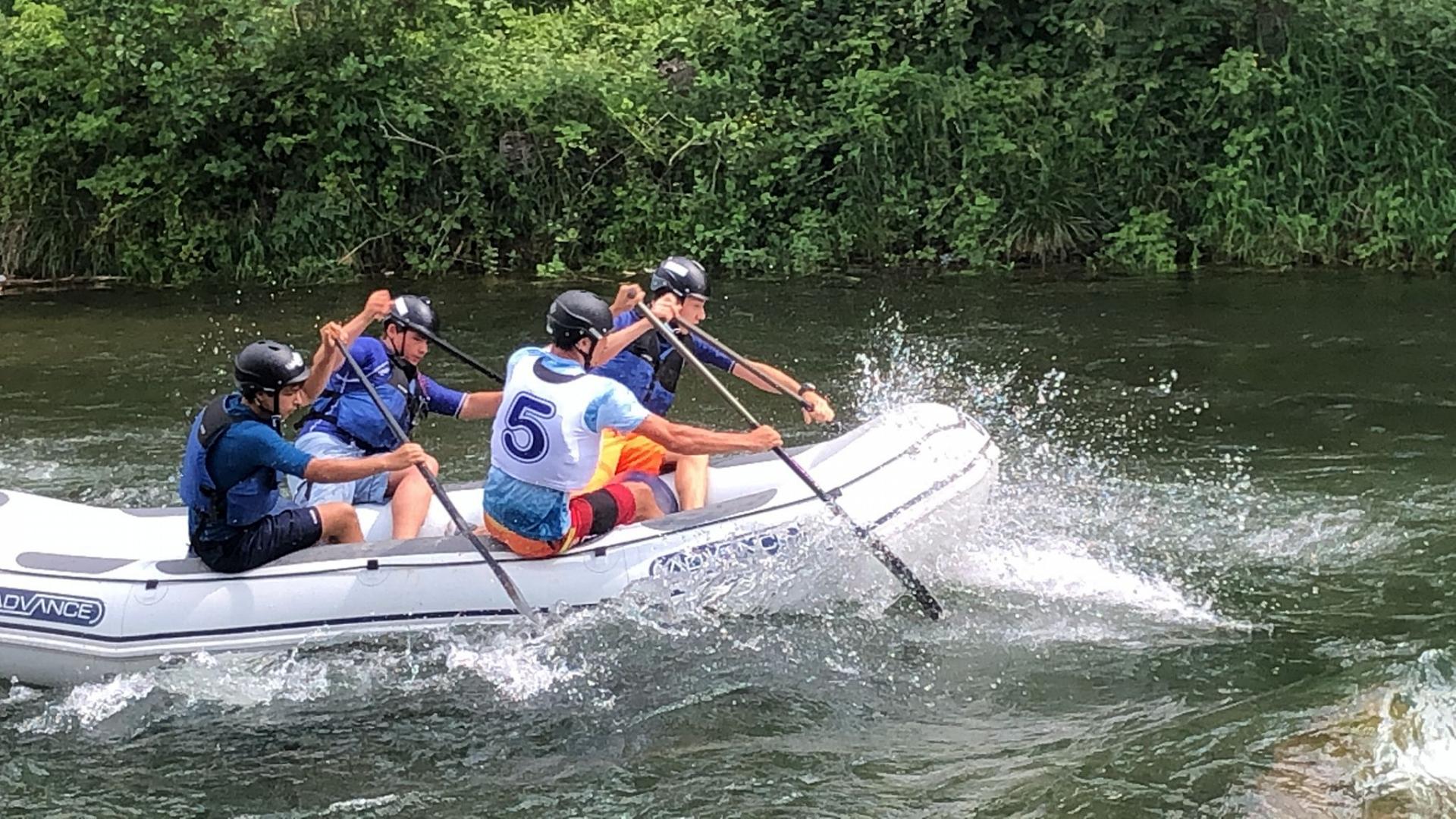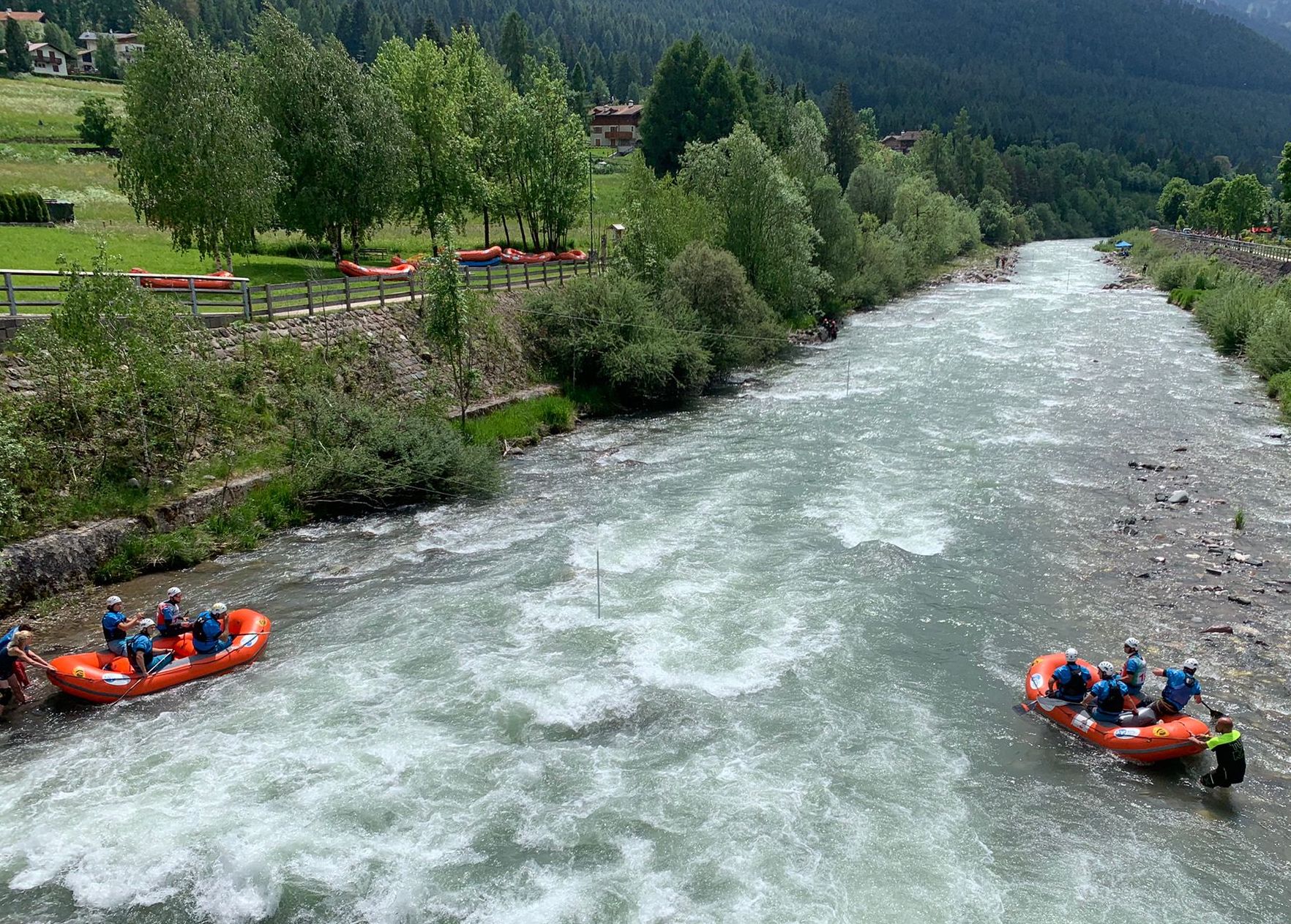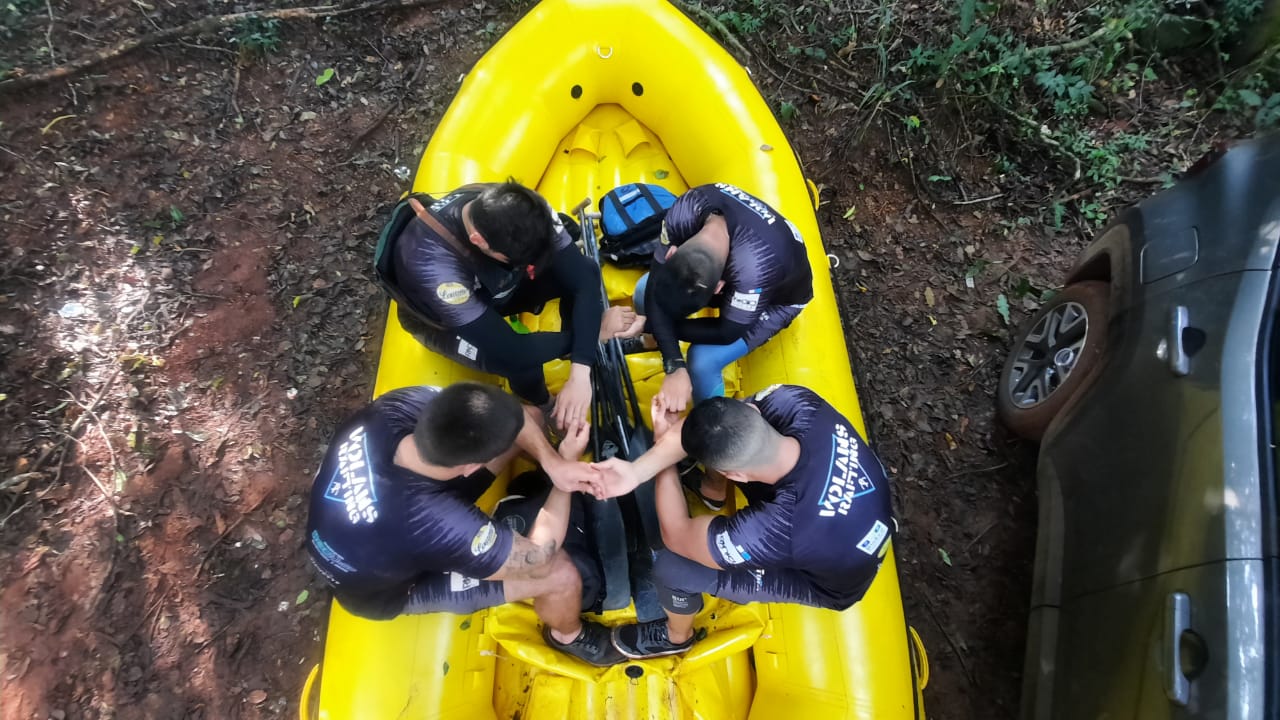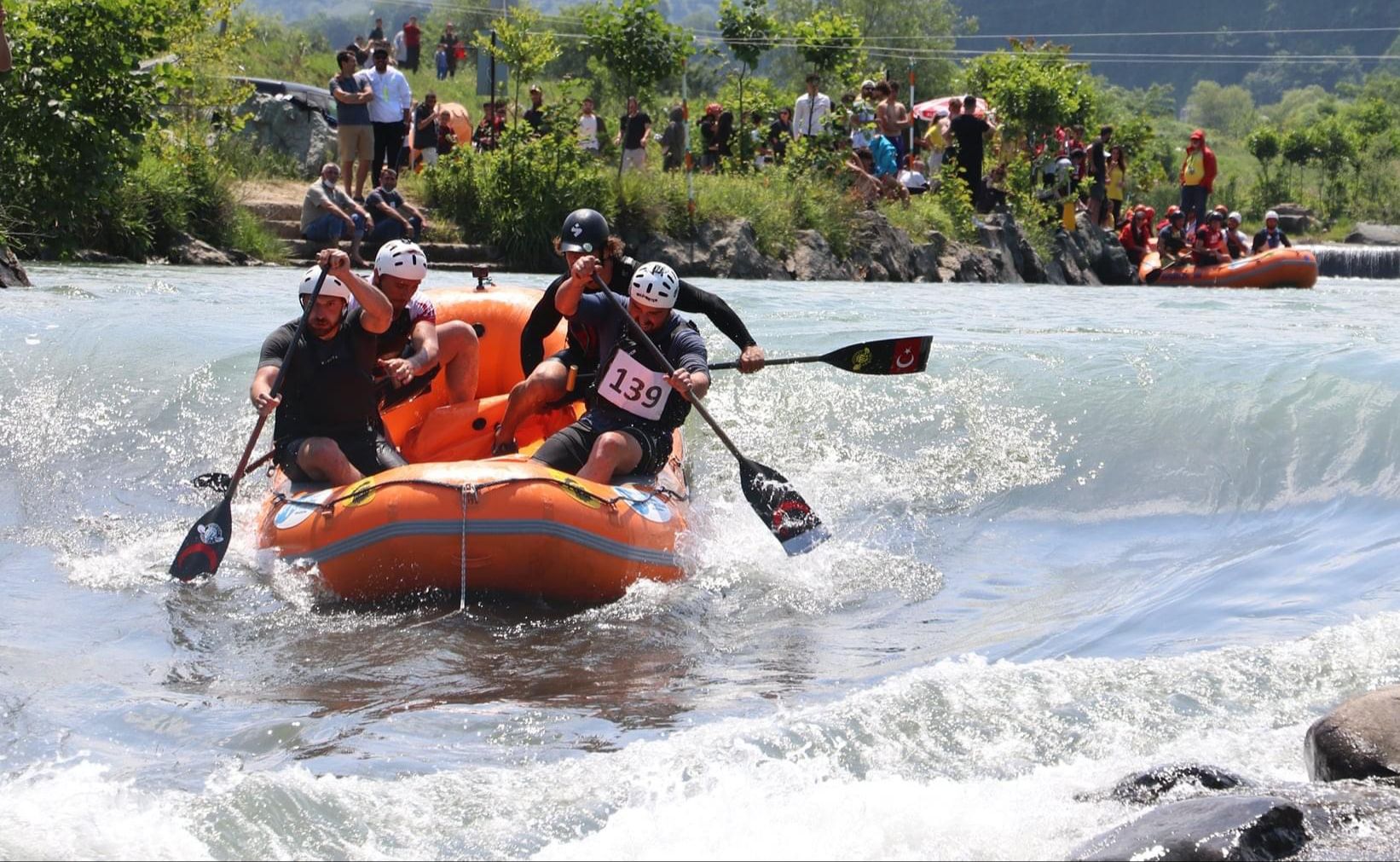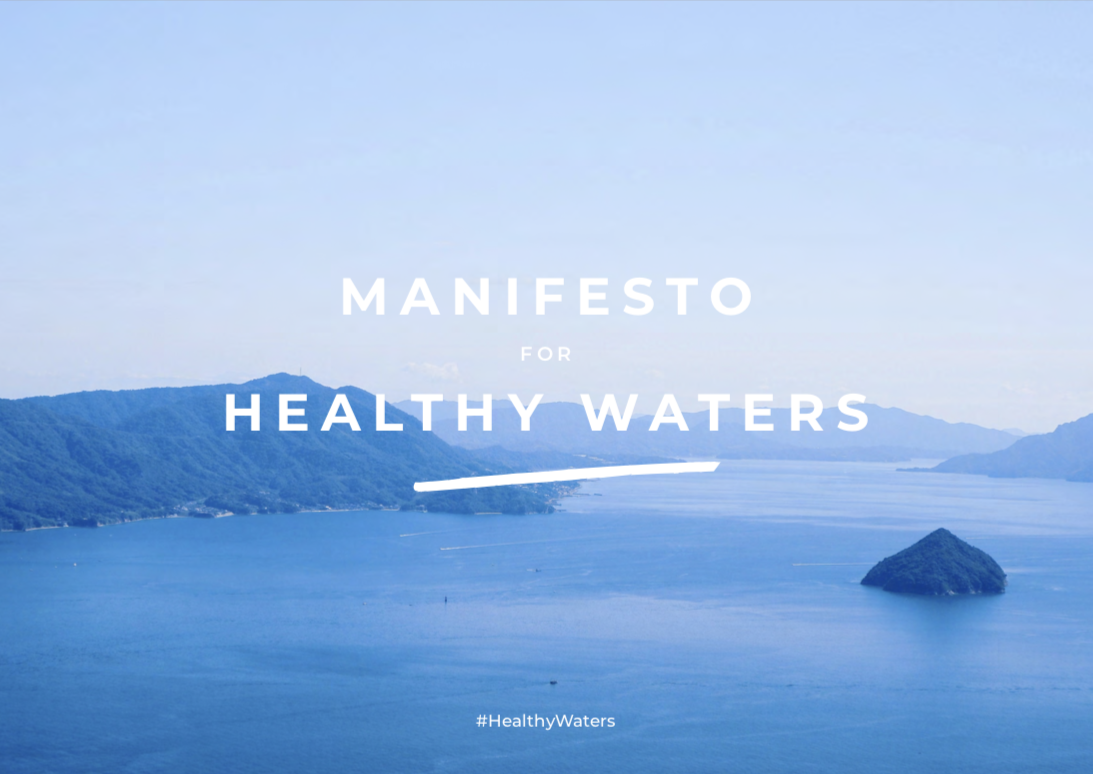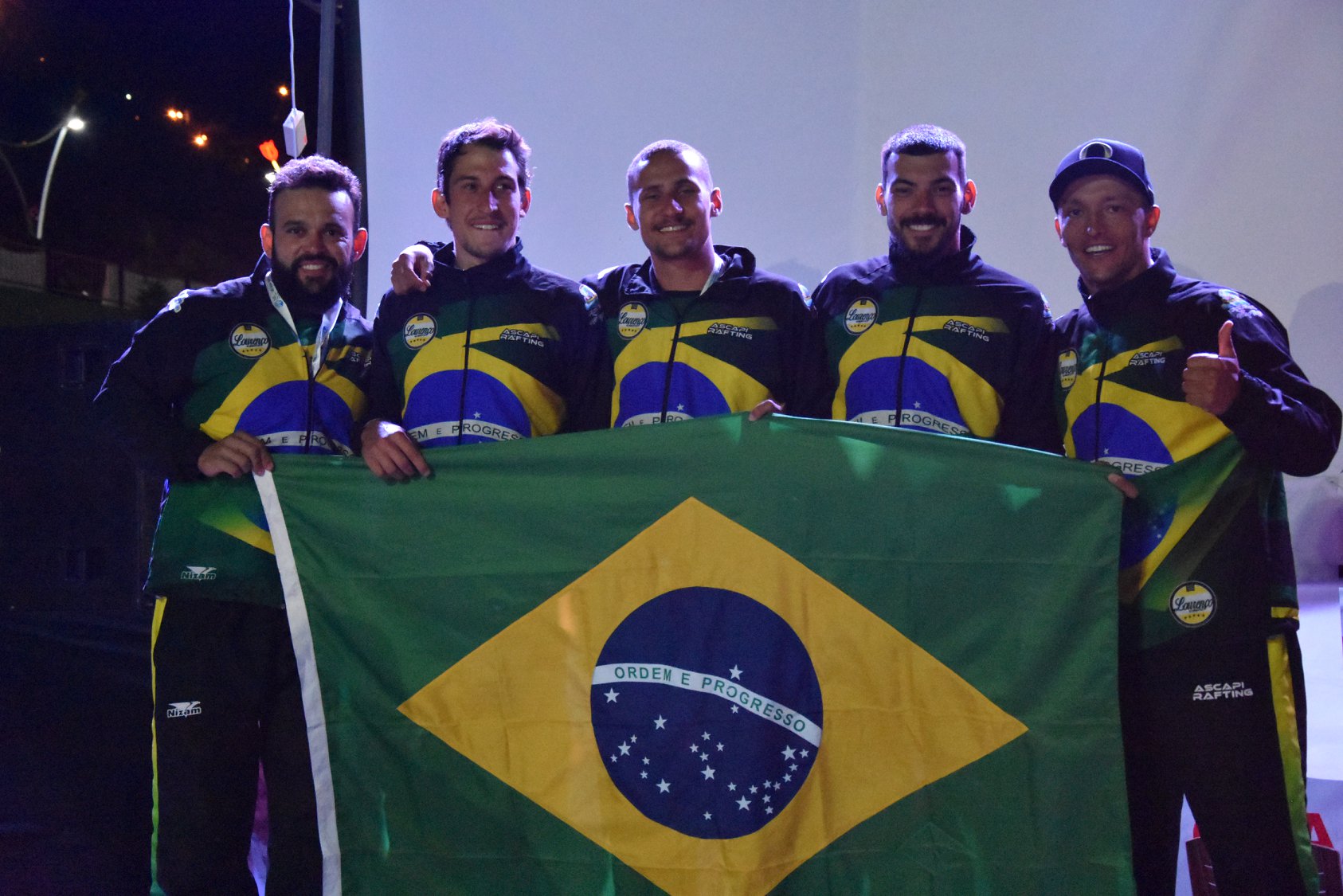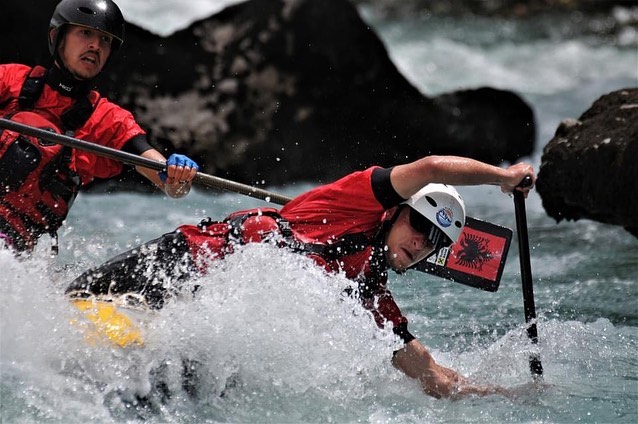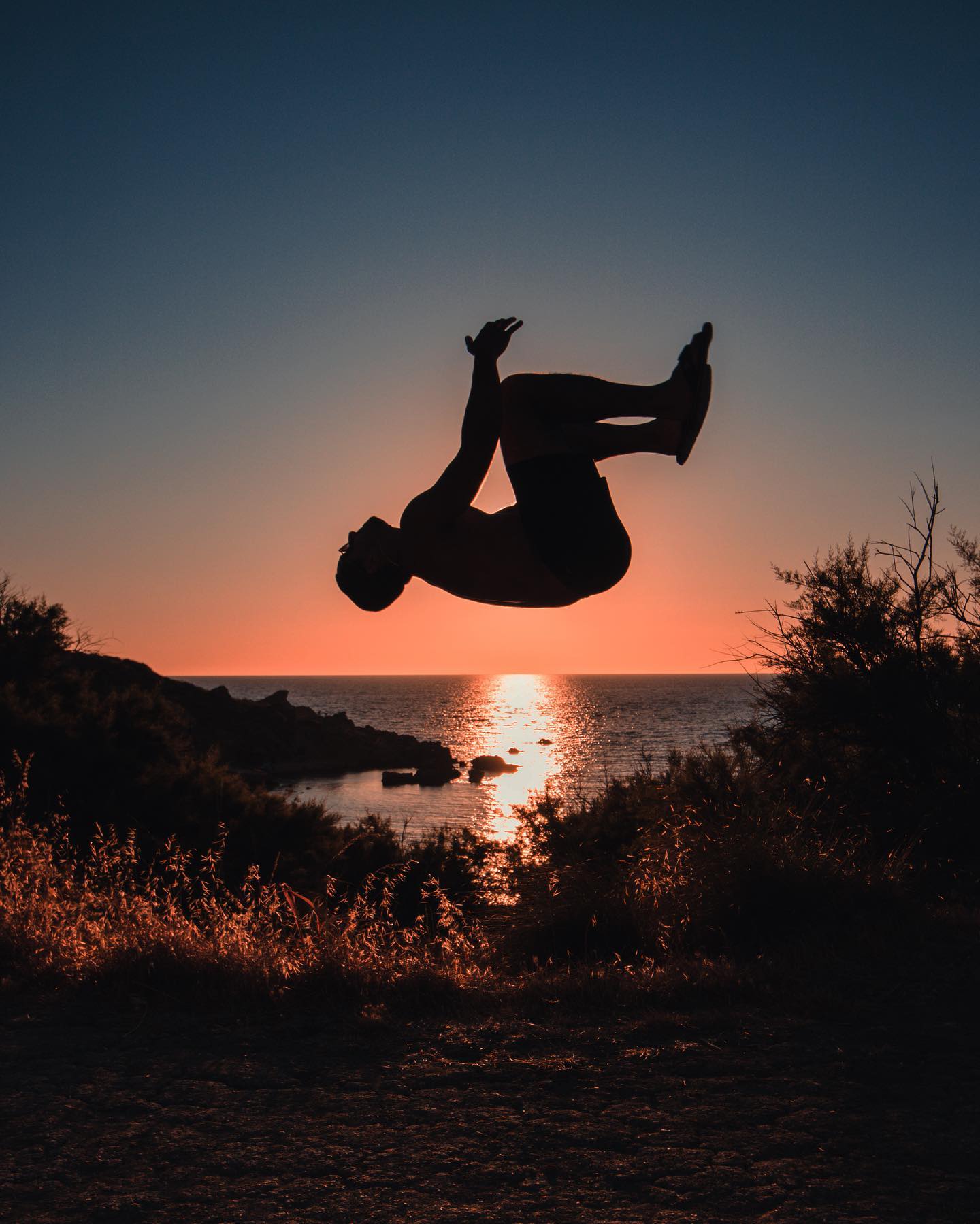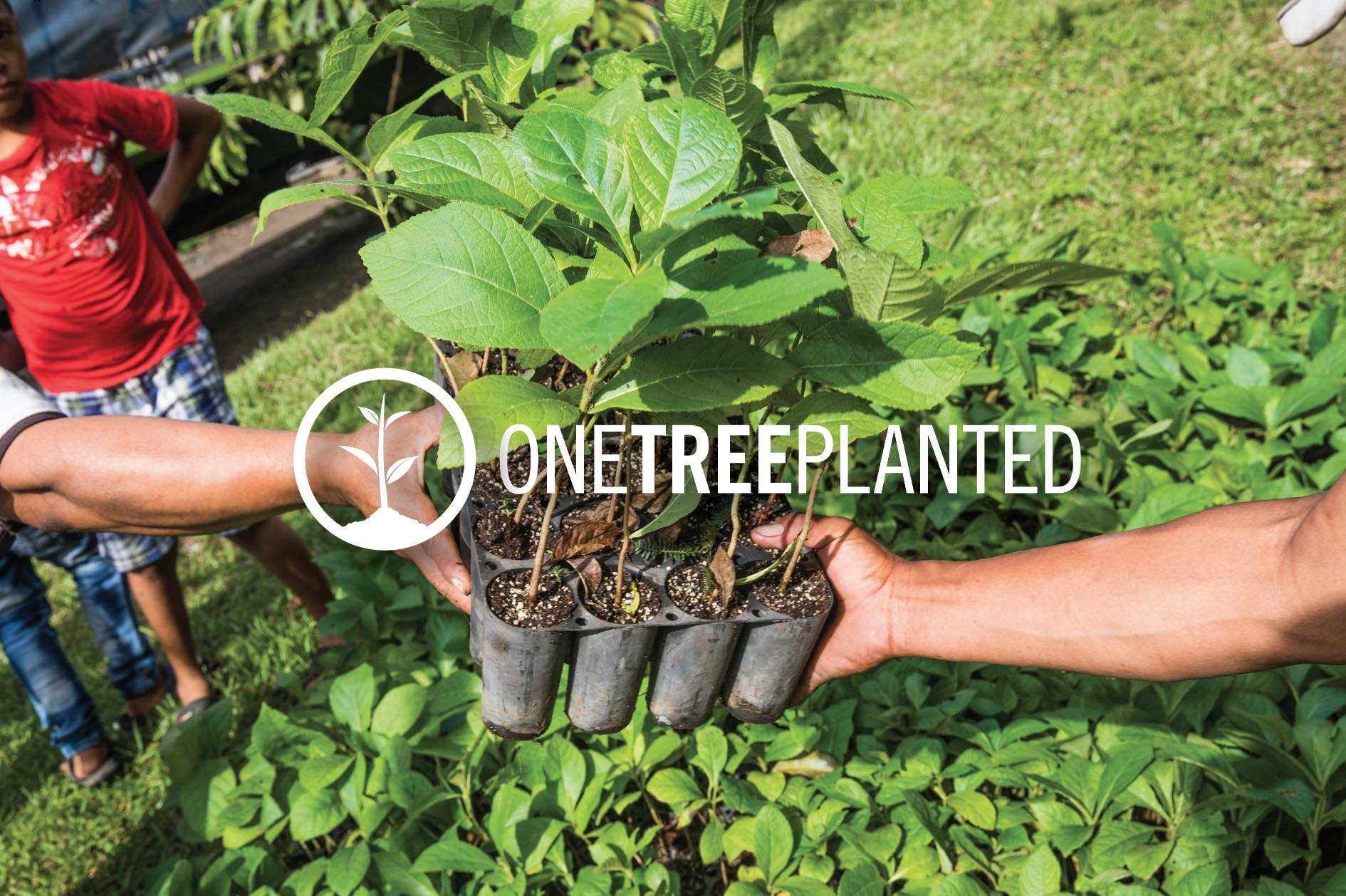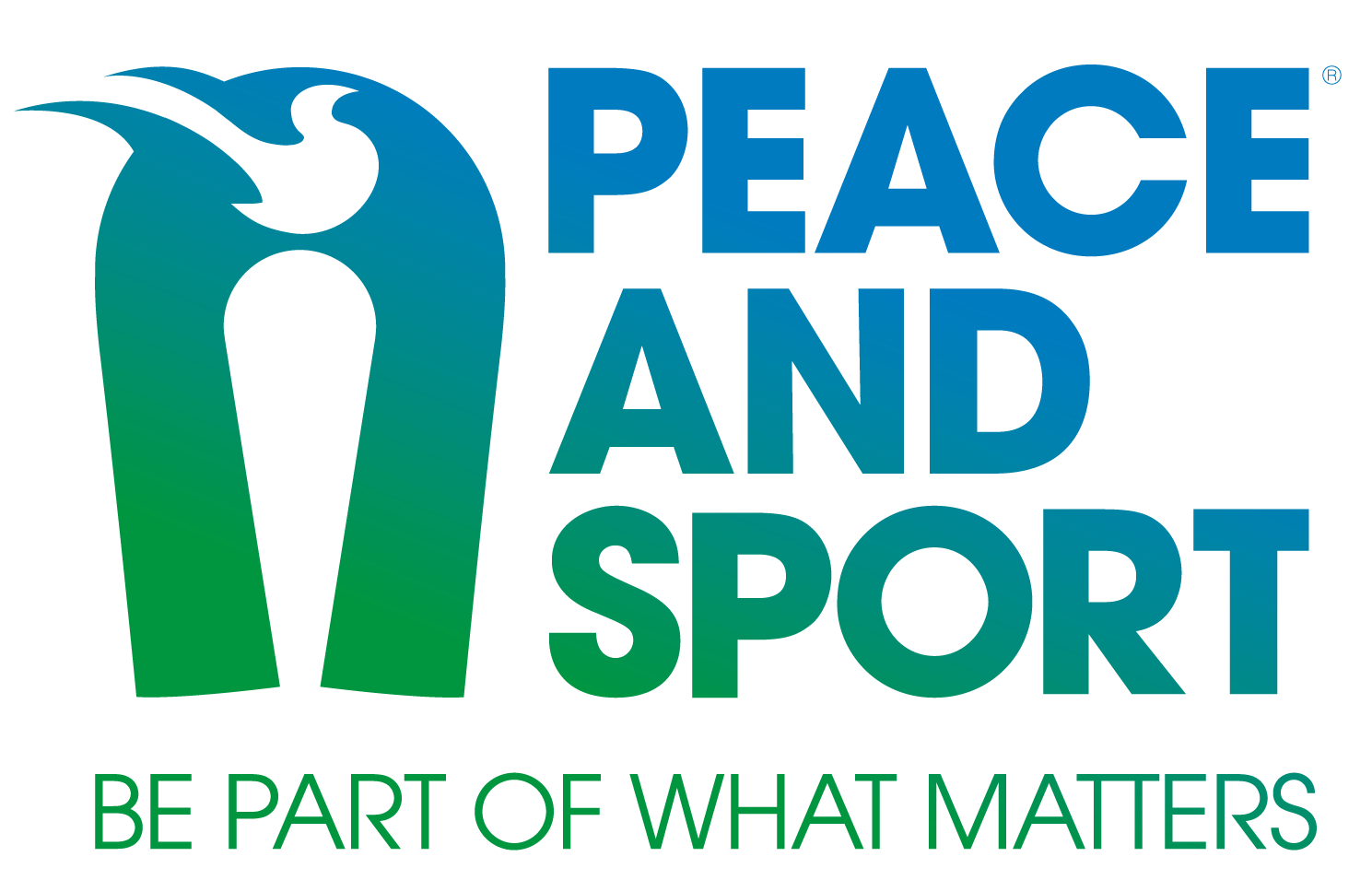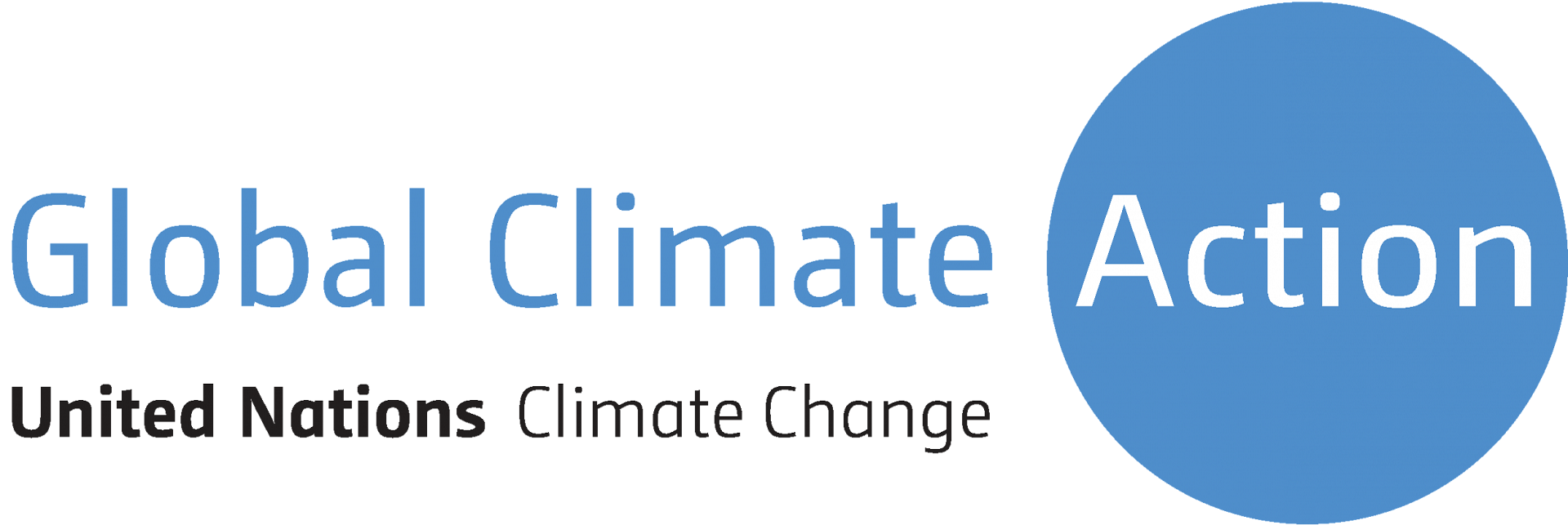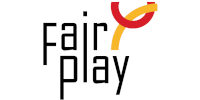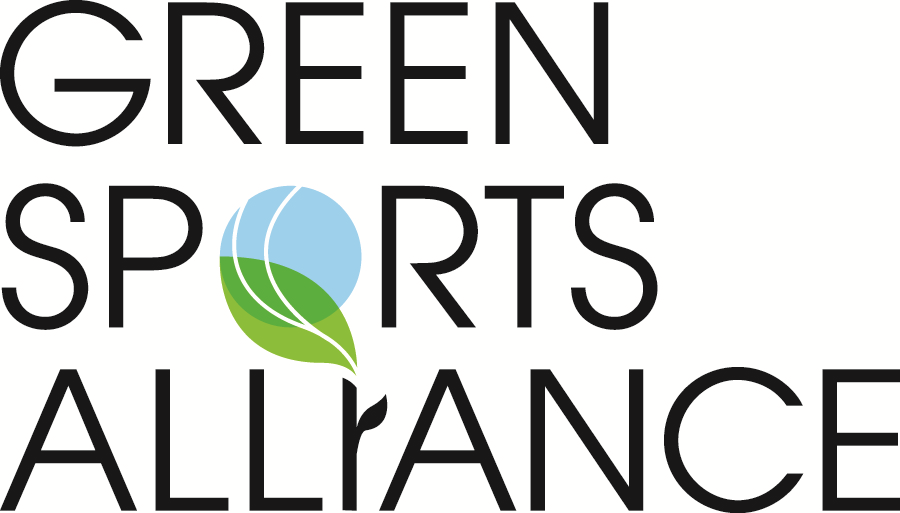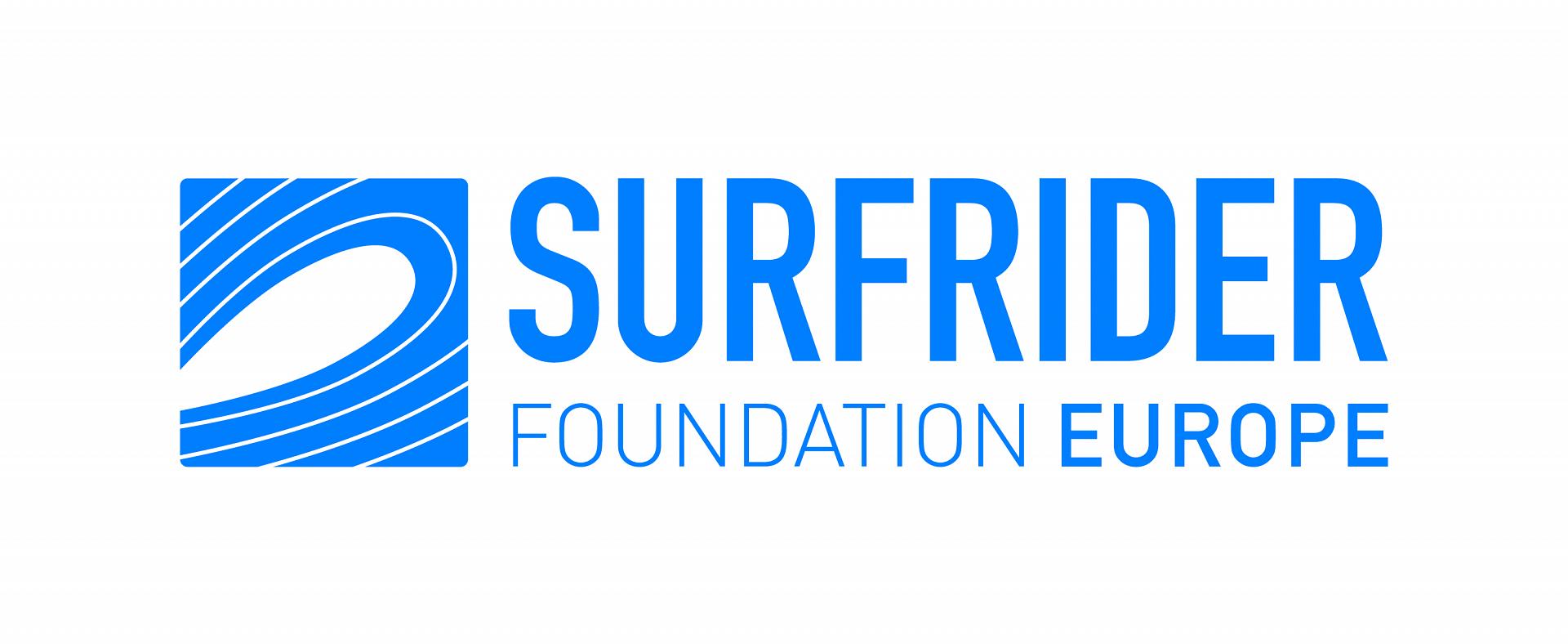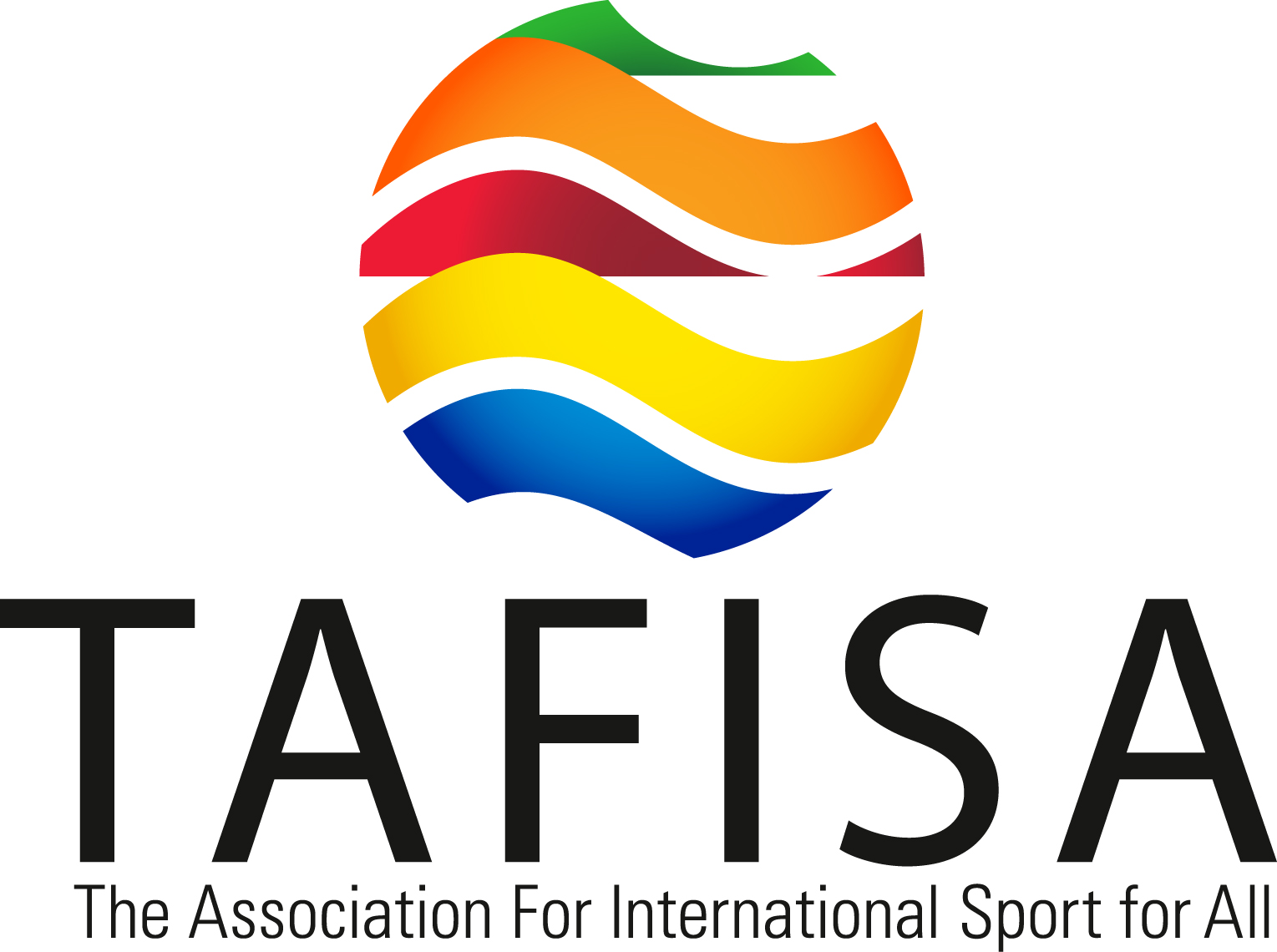Another race weekend just ended with the second and last stage of the Italian National selection. The third level Avisio river in Trentino, Val di Fiemme, confirmed the athletes who will compete in France under the flag of Italy.
The points of 3 disciplines have been added to the results of the previous two on Sesia river a month ago.
The sprint phase opened the weekend and saw Rafting Aventure Villeneuve getting the gold in the women category, stopping the clock on 1:25,82. Second place for Adda Viva Indomita Valtellina River with 1:34,15 and third place for Sesia Rafting-DRD4.
Sesia Rafting posted the best time of 1:09,28, winning the men sprint, 7 seconds ahead of Tigerle-ASV Sterzing (1:16,21) and Rafting Team Verona (1:16,72) who did battle for the silver medal within just a few hundreds of a second.
The sprint decided the RX matching. In the women category RX confirmed the Sprint results (gold for Rafting Aventure Villeneuve), while the men category saw a battle to change the ranking. Rafting Team Verona won the final A against the silver Valbrenta team, the final B gave a bronze to Tigerle - ASV Sterzing.
Downriver determined the predicted National teams who will participate in the World Championship 2021 reguarding the women and men categories.
Gold in the women downriver for Rafting Aventure Villeneuve with 19:02.85, 4 seconds and 25 cents ahead of Sesia Rafting-DRD4. Third place for Adda Viva Indomita Valtellina River with 19:24.45. The best time of 17:28.94 has the name of the Rafting Team Verona, with almost 20 seconds of advantage on the second team: Sesia Rafting, 17:48.29. Third place for Valbrenta team who moved up the rankings with 18:02.17.
Finally, these are the names of the athletes who are training in the Italian Alps and will compete in the French valleys in three weeks.
The first two women teams: Rafting Aventure Villeneuve (Letizia Lauri, Elodie Lumignon, Gaia Mascarello, Carlotta Scalvino) and Sesia Rafting-DRD4 (Martina Bonomi, Christa Gruber, Francesca Leonardi, Miriam Waldboth).
The first two men teams: Rafting Team Verona (Pietro Fratton, Fabio Martini, Zeno Martini, Lorenzo Mastella).
The third steps of the selections’ podiums decided the two mix teams: Sara Amonini, Valentina Volo, Mattia Felini and Nicholas Gheno formed a new team, as well as the other mix team of Francesca Fontanive, Silvia Venturini, Riccardo Colombo and Michele Songini.
Last but definitely not least, the two Para-Rafting teams who will face the rapids of Durance for the first time in a World Para-Rafting Championship.
Marco Montagna and Riccardo Novella (M&N Movimento e Natura) will padre with the athletes of Asd Pescantina Carlo Benciolini and Nicola Speri. Para-athletes Massimo Giandinoto and Rosario Sperandini (M&N) will paddle with Rinaldo Veneroni (Adda Viva Indomita) e Damiano Casazza (ASV Sterzing) as Italy 2.
8 teams, 33 athletes: Italy started the countdown, 20 days to go!



